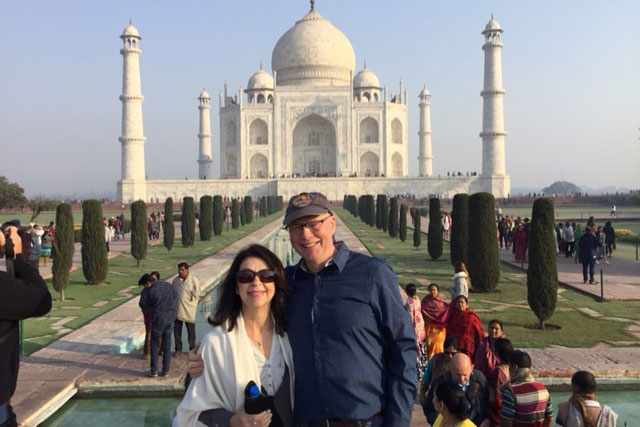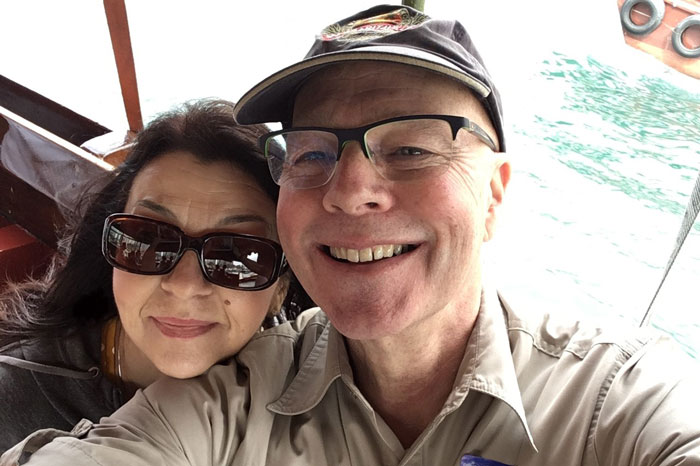
Wyant has left his mark in law
Despite building an impressive legal career in Manitoba, USask remains a fond memory
By John GraingerThe Honourable Raymond Wyant (BA’73) is former Chief Judge of the Provincial Court of Manitoba.
Raised in Saskatchewan, Wyant left his home province and obtained his law degree in Manitoba where he built his impressive and prestigious career.

Wyant, a Queen Elizabeth ll Golden Jubilee Recipient in 2002, has worked tirelessly for his adopted province of Manitoba in a professional capacity, but also as a volunteer for his community, including serving on community boards and coaching youth sports for more than 20 years.
He was an elected school trustee, chaired the Board of Regents at the University of Winnipeg and chaired the Community Notification Advisory Committee, among other community endeavours.
He has served in many professional capacities and presently chairs both the National Steering Committee on Justice Efficiencies and Access to the Justice System and The National Symposium on Criminal Justice Reform and is the current executive director of the Canadian Council of Chief Judges.
Judge Wyant has been active in continuing education across Canada and has taught for many years at the Manitoba Law School, Robson Hall.
He has consulted on a variety of projects including working for the United Nations in Africa. He also sits as a Deputy Judge in Yukon Territory.
Wyant was recognized in 2005 with a Gold Award for Innovation from the Institute of Public Administration of Canada (IPAC) and, in 2006, with a United Nations Public Service Award for leading an innovative coordinated approach to processing domestic violence cases that earned national and international recognition.
Judge Wyant has also been honoured as a Jurist of Robson Hall and as a Fellow of the University of Winnipeg.
He is married to Louise and together they have five children and 10 grandchildren.

1. Tell us about your favourite memories as an undergrad:
I have lots of memories as an undergrad, but I guess the one that sticks with me the most is actually the first day of class. I know it might sound a bit lame, but I had spent the previous year travelling around England and continental Europe including going behind the Iron Curtain in what was then East Germany, Czechoslovakia and Yugoslavia. I stood by the Berlin Wall, went through Checkpoint Charlie and saw the Red Army in Wenceslas Square in Prague and saw more castles and churches than I needed to see. I saw university as my next adventure and so the first day of class was pretty exciting to me.
2. How did your USask experience enhance your path into the real world?
I think every experience we have becomes a part of us and prepares us for what comes next in our lives. I learned a lot of substantive things at university but, more importantly, it really gave me an understanding, an appreciation and a thirst for life-long learning.
3. What advice would you give yourself if you could go back in time?
I would probably tell myself to spend more time enjoying university life and not worry as much about the rapid pursuit of a degree and graduation. Life passes us by quicker than we think it will when we are young.
4. What was your favouite class or professor?
I had a number of professors that I remember as being quite influential including John Courtney in political science. My favourite class was Philosophy, without question. It is tough to pick out one favourite prof, but I would probably go with Alan Haynes in sociology.
5. How important is a university these days in training our leaders of tomorrow?
Gee, this one is easy. Education is one of the key ingredients for success, I think. Universities play an integral part in developing the leaders of tomorrow and engaging people to think critically and imaginatively.

